Spotify’s Joe Rogan controversy: everything you need to know
Spotify’s biggest podcaster has launched a big debate
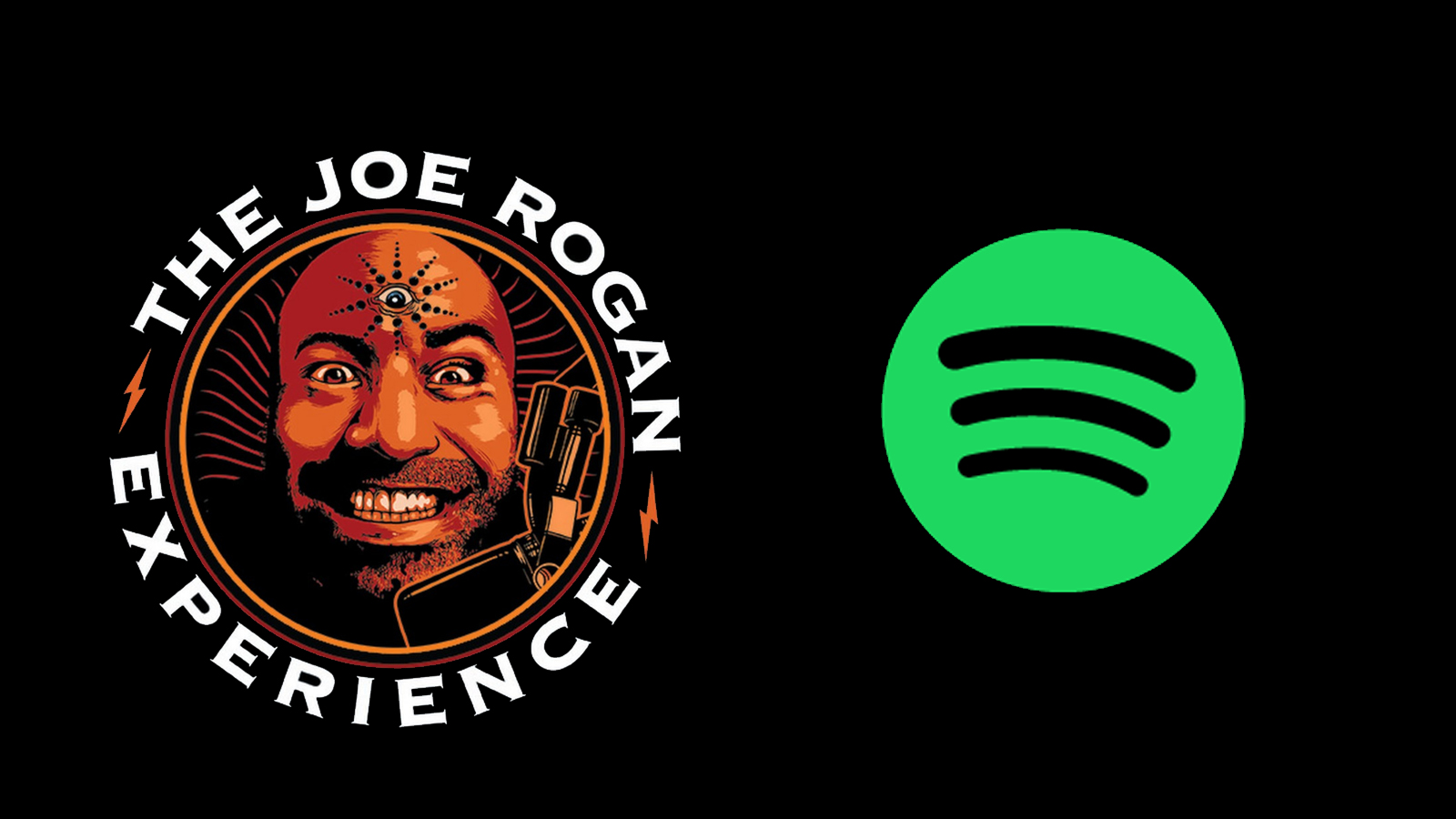
Spotify is embroiled in a controversy surrounding its endorsement of podcaster Joe Rogan. His podcast, The Joe Rogan Experience, is the most popular show on the music streaming service, with the company buying the exclusive rights to distribute it for $100 million (around £73 million) back in 2020.
The controversy stems from allegations that Rogan’s podcast has spread misinformation around the Covid-19 pandemic, which has led to a number of high-profile musicians removing their music from the platform.
While Spotify has attempted to address the furore by issuing content advisory warnings to any podcast that discusses the pandemic, and by publishing its content guidelines, that hasn’t stopped some subscribers leaving the platform in protest.
Things went from bad to worse for Spotify when a video compilation highlighting Rogan’s use of racist language during previous episodes of his podcast was posted to Instagram by singer India Arrie, triggering a fresh wave of uproar.
It feels like the news surrounding the Spotify controversy has been relentless over the past few weeks. To help you get your head around the issue, we’ve compiled everything you need to know about Joe Rogan and Spotify, as well as what you should know if you’re planning on jumping ship to another streaming service.
Spotify and Joe Rogan news and updates
February 7 - Rumble Inc., an online video platform popular among US conservatives, publicly offers Joe Rogan a $100 million deal to leave Spotify.
February 7 - Neil Young urges Spotify workers to leave the company “before it eats up your soul”, taking aim at CEO Daniel Ek in a blog post.
Get daily insight, inspiration and deals in your inbox
Sign up for breaking news, reviews, opinion, top tech deals, and more.
February 6 - Daniel Ek tells employees that Rogan’s use of racial slurs were “incredibly hurtful”, but that “silencing Joe is not the answer” in a memo. “While I strongly condemn what Joe has said and I agree with his decision to remove past episodes from our platform, I realize some will want more.” Ek said. He also pledges $100 million towards “licensing, development and marketing of music (artists and songwriters) and audio content from historically marginalized groups”.
February 5 - JREMissing, a site that tracks the podcast, reported that 113 episodes of the Joe Rogan experience had been pulled from Spotify.
February 5 - Rogan posts a video to Instagram in which he apologizes for his use of racial slurs in past podcast episodes, saying that “I certainly wasn’t trying to be racist”.
February 4 - Singer-songwriter India Arie posted an Instagram compilation video of Rogan using the N-word 24 times in episodes of the podcast that predate his exclusivity deal with Spotify. Arie announced that she’s removing her music from the platform.
Read more Spotify and Joe Rogan news ▼
February 3 - Daniel Ek addresses the Rogan controversy in an earnings call with investors, saying that he’s “really proud of the steps we took following the concerns raised by the medical and scientific communities”, but admits that “we should have done it earlier”. He also says it’s too early to say whether the issue will have a negative impact on Spotify’s revenue.
January 31 - Rogan posts a 10-minute video to Instagram in which he defends his decision to interview guests like Dr Robert Malone and cardiologist Dr Peter McCullough, saying “I do not know if they’re right. I’m not a doctor. I’m not a scientist”.
January 30 - Spotify publishes its content guidelines for the first time. Among these guidelines, there’s a section dedicated to disallowing content that “promotes dangerous false or dangerous deceptive medical information that may cause offline harm or poses a direct threat to public health".
January 28 - Joni Mitchell joins Neil Young in removing her music from Spotify. Other artists requesting the removal of their catalogs include India Arie, David Crosby, and Stephen Stills.
January 26 - Neil Young’s entire catalog is removed from Spotify. A spokesperson for the company says “we regret Neil’s decision to remove his music from Spotify, but hope to welcome him back soon”.
January 24 - Neil Young writes an open letter to Spotify, saying he will remove his entire catalog of music unless the platform drops the Joe Rogan Experience, and accusing Spotify of “spreading false information about vaccines”.
January 12 - An open letter to Spotify is signed by over 1,000 health professionals and scientists, urging it to tackle misinformation around the pandemic. The letter cited an episode of The Joe Rogan Experience that featured physician and virologist Dr Robert Malone, who had already been banned from Twitter for violating its Covid misinformation policies.
Spotify and Joe Rogan: what you need to know
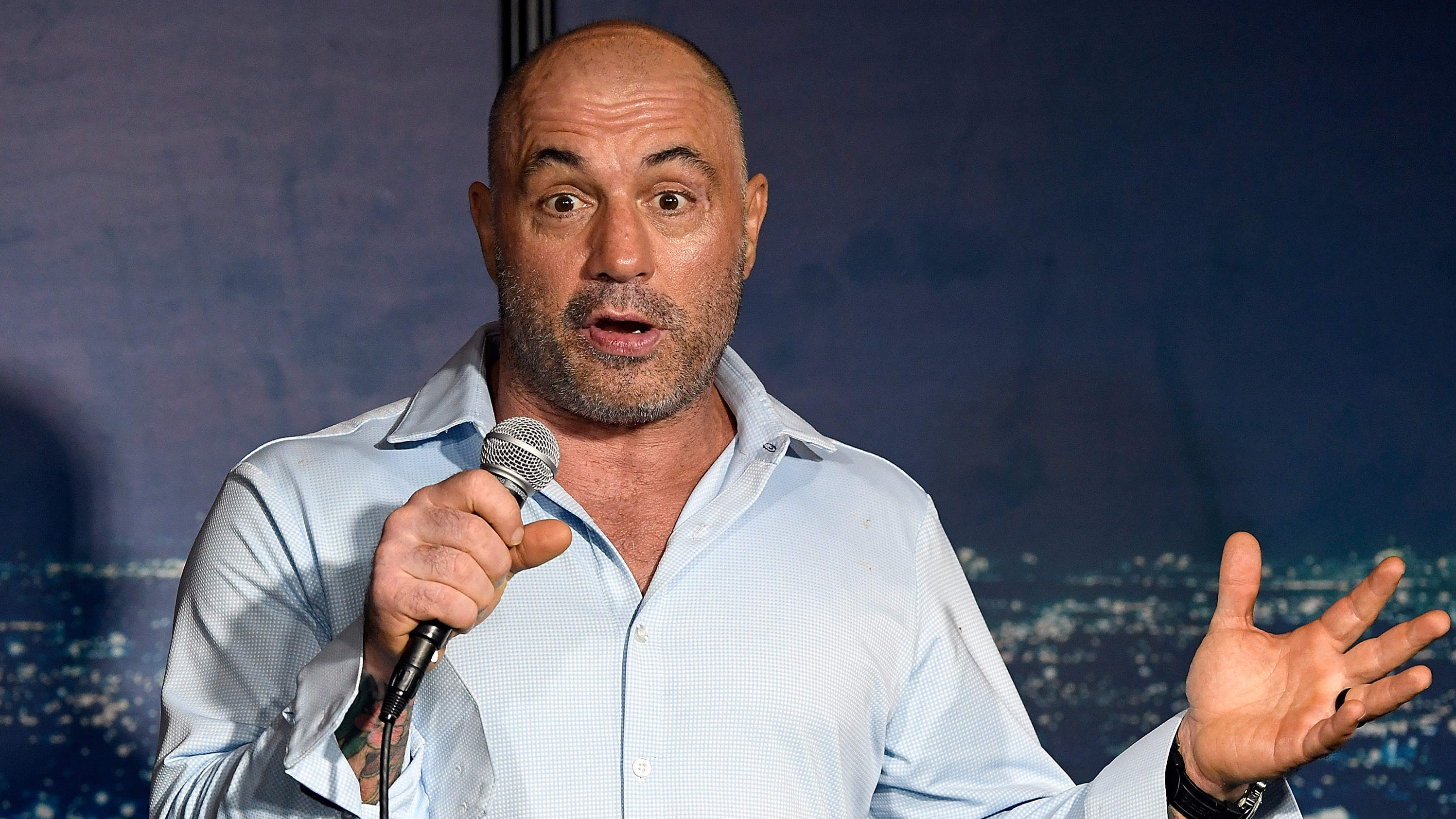
Spotify is the most popular music-streaming platform on the planet, but the last few years have seen the company invest heavily in podcasts, and in 2020 it bought the exclusive rights to distribute The Joe Rogan Experience.
The podcast, which quickly became the most popular show on Spotify, is hosted by American comedian and mixed martial arts commentator Joe Rogan. In its 1,770-episode run, The Joe Rogan Experience has featured a wide array of guests that join the host for long-form conversations, including comedians, politicians, and actors.
It’s Rogan’s choice of guests that initially sparked the controversy, and on January 12, an open letter to Spotify was signed by over 1,000 health professionals and scientists, urging the company to tackle misinformation around the Covid-19 pandemic and vaccines.
The letter highlighted an episode of The Joe Rogan Experience that aired on December 30, 2021, in which virologist Dr Robert Malone claimed that American society was falling victim to what he called “mass formation psychosis” in its reaction to the pandemic. Both Rogan and Malone were criticized for promoting conspiracy theories, including the claim that hospitals have a financial incentive to record deaths as being caused by Covid-19.
The letter also asserted that Rogan had “repeatedly spread misleading and false claims on his podcast, provoking distrust in science and medicine”.
Following the publication of this letter, Canadian singer-songwriter Neil Young wrote his own open letter to Spotify, in which he threatened to remove his entire catalog of music unless the platform got rid of Rogan’s podcast. In the letter, which was later deleted, Young said that “Spotify has a responsibility to mitigate the spread of misinformation on its platform”, and that “they can have Rogan or Young… not both”.
Young’s catalog was promptly removed from the platform, with Spotify choosing to back its most lucrative podcaster over the musician – but he wouldn’t be the only artist to leave. Joni Mitchell soon followed suit, along with David Crosby, India Arie, Nils Lofgren, and others. Rogan defended his decision to interview Malone in a 10-minute video posted to Instagram, but that hasn’t stopped lots of subscribers choosing to part ways with Spotify.
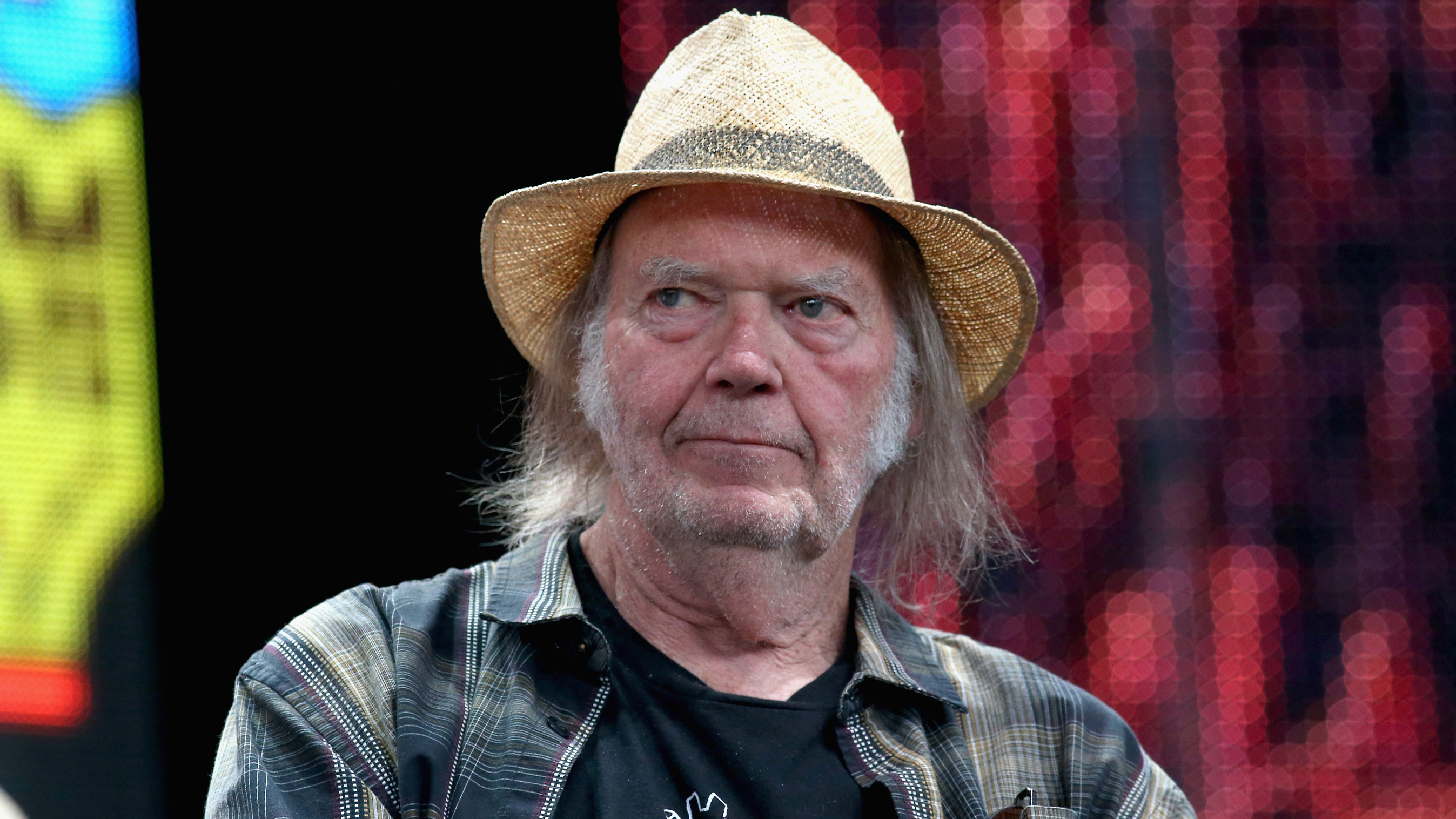
In response, Spotify published its content guidelines for the first time. Among these guidelines, there’s a section dedicated to disallowing content that “promotes dangerous false or dangerous deceptive medical information that may cause offline harm or poses a direct threat to public health". The platform will also add content advisory warnings to any podcasts on the platform that cover the topic of the pandemic.
That wouldn’t be the end of Spotify’s troubles, though. On February 4, India Arie posted a compilation video to Instagram, showing Joe Rogan using the N-word 24 times in episodes of his podcast that predated his exclusivity deal with Spotify. Rogan has since apologized for his liberal use of racial slurs, saying that he “wasn’t trying to be racist” in a video posted to Instagram.
Following the fallout from this latest controversy, Spotify CEO Daniel Ek told employees that Rogan’s use of racial slurs were “incredibly hurtful”, but that “silencing Joe is not the answer” in a memo. He also pledged $100 million towards “licensing, development and marketing of music (artists and songwriters) and audio content from historically marginalized groups”.
In total, 113 episodes of the Joe Rogan Experience aren’t available to listen to on Spotify currently – and 70 of those episodes were removed following the backlash against the podcaster’s use of racial slurs. Some never made it onto the platform in the first place, with Spotify choosing to leave out episodes that featured far-right activists Alex Jones, Milo Yiannopoulos, and Gavin Mcinnes, according to Forbes.
The episode that sparked the furore, featuring Dr Robert Malone, remains on the platform. We’ve reached out to Spotify, but so far the company hasn’t offered a comment.
Which artists have left Spotify?
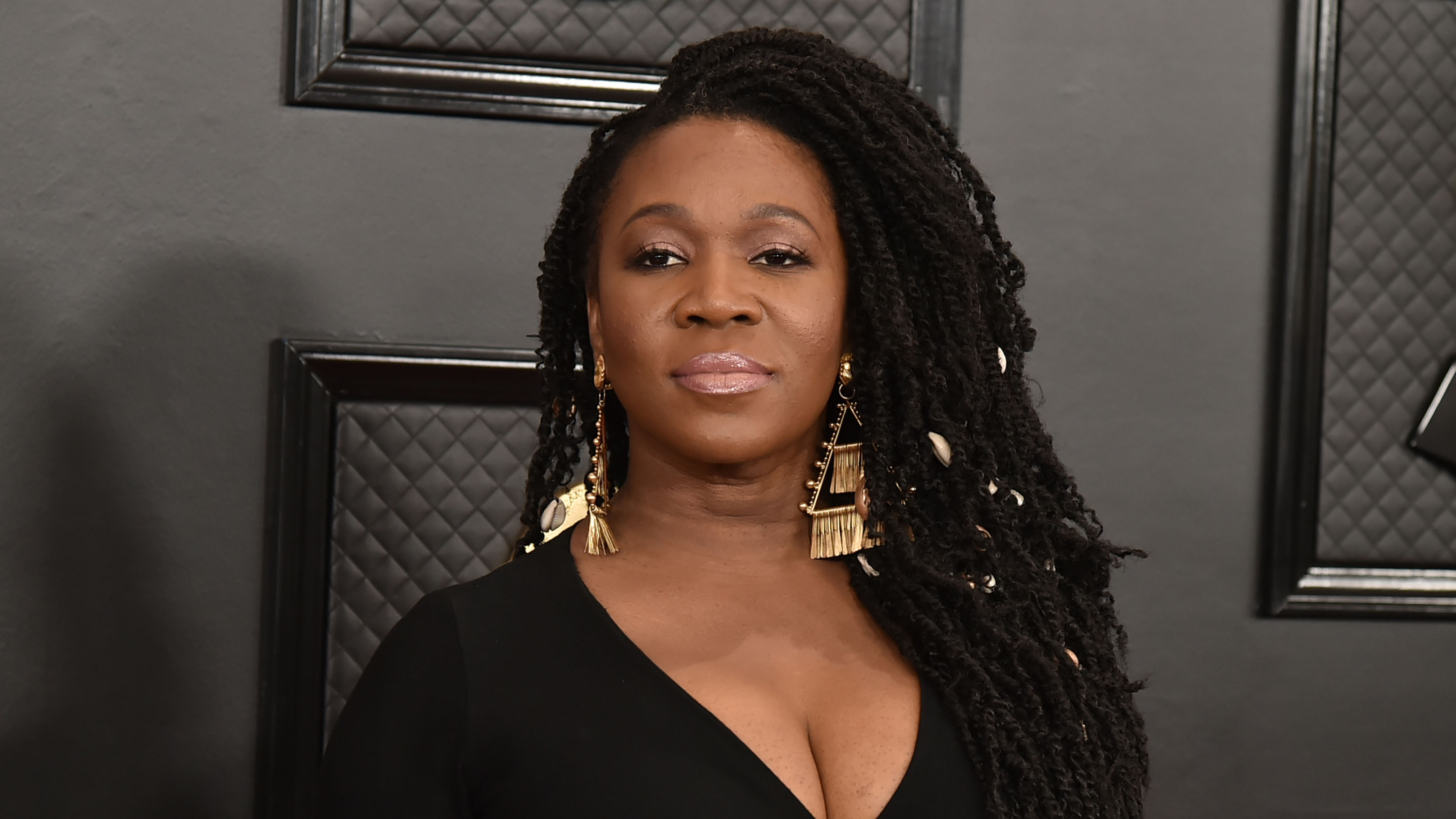
The highest-profile artist to leave Spotify in response to Rogan’s alleged spreading of Covid-19 misinformation was rock singer and songwriter Neil Young. His departure triggered a mini-exodus of artists from the streaming service, including folk icon Joni Mitchell.
Other artists to leave Spotify in response to the Rogan controversy include India Arie, Nils Lofgren, and Young’s former band-mates David Crosby, Stephen Stills and Graham Nash.
A number of podcasters and authors have also pledged to leave Spotify, including Roxane Gay and Mary Trump. At the time of writing, some of these artists’ content is still available to stream on Spotify – but it may not be for long.
This isn’t the first time that Spotify has lost artists, or failed to procure them in the first place. Artists that have withdrawn, or refused Spotify, the right to host their work include The Beatles, Taylor Swift, Thom Yorke, Jay-Z, and Beyonce. Their reasons for doing so varied, but Spotify has frequently come under fire for undercompensating artists; unlike physical music sales or downloads, streaming services like Spotify pay royalties based on their market share (in other words, the number of streams a song has in proportion to the total songs streamed on the service).
So, Spotify has had a complicated relationship with artists from the start - and this latest controversy could put off music fans that want to ensure they have access to a complete catalog of their favorite songs.
Will Spotify drop Joe Rogan?
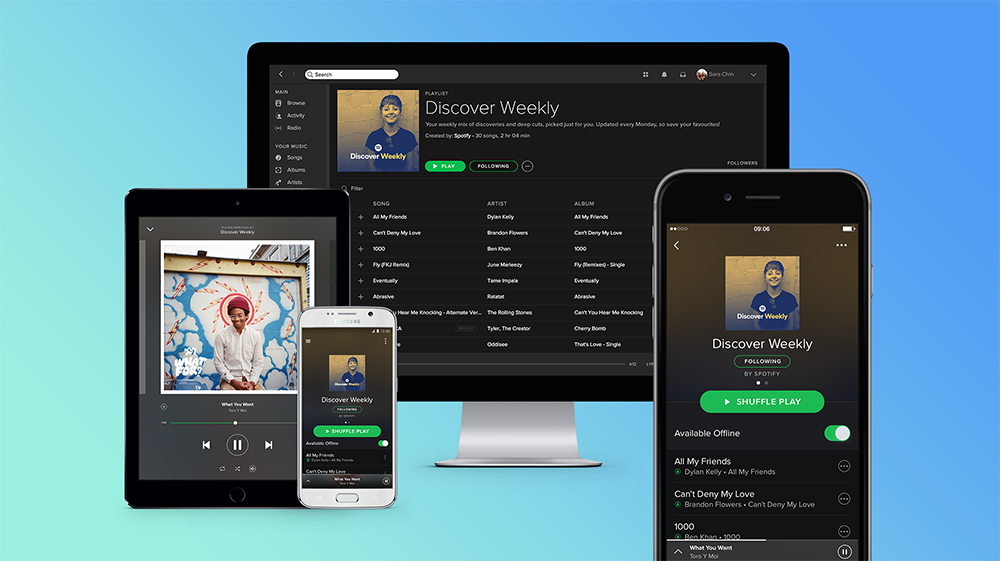
In a memo to staff, Daniel Ek said that, "I deeply regret that you are carrying so much of this burden. I also want to be transparent in setting the expectation that in order to achieve our goal of becoming the global audio platform, these kinds of disputes will be inevitable". That doesn't sound as though Ek is about to drop Joe Rogan.
According to Spotify, the show gets 200 million downloads per month, making it the most popular podcast in the US - and that kind of audience goes a long way in bringing Spotify closer to its ultimate goal.
There’s a lot of money to be made off the back of advertising in podcasts, and Spotify knows this. As music journalist Ted Gioia said in a tweet after the company paid $100 million (about £73 million) for the rights to The Joe Rogan Experience, “a musician would need to generate 23 billion streams on Spotify to earn what they’re paying Joe Rogan for his podcast rights.” Clearly, Spotify values Rogan.
So far, Spotify’s response to the controversy surrounding the podcast has been to remove or omit episodes that don’t meet its content guidelines. The company has also issued content advisory warnings for any podcasts that discuss the Covid-19 pandemic.
As for the episodes that contained racist language, Daniel Ek issued an apology to Spotify staff, saying that, “not only are some of Joe Rogan’s comments incredibly hurtful – I want to make clear that they do not represent the values of this company”.
Ek has also pledged to put $100 million – the same amount Spotify paid for the rights to The Joe Rogan Experience – towards the “licensing, development and marketing of music (artists and songwriters) and audio content from historically marginalized groups”.
We’ll have to wait and see whether that investment leads to a material change at Spotify - at the time of writing, the company hasn't made clear how this money will be spent in detail.
How many subscribers has Spotify lost?
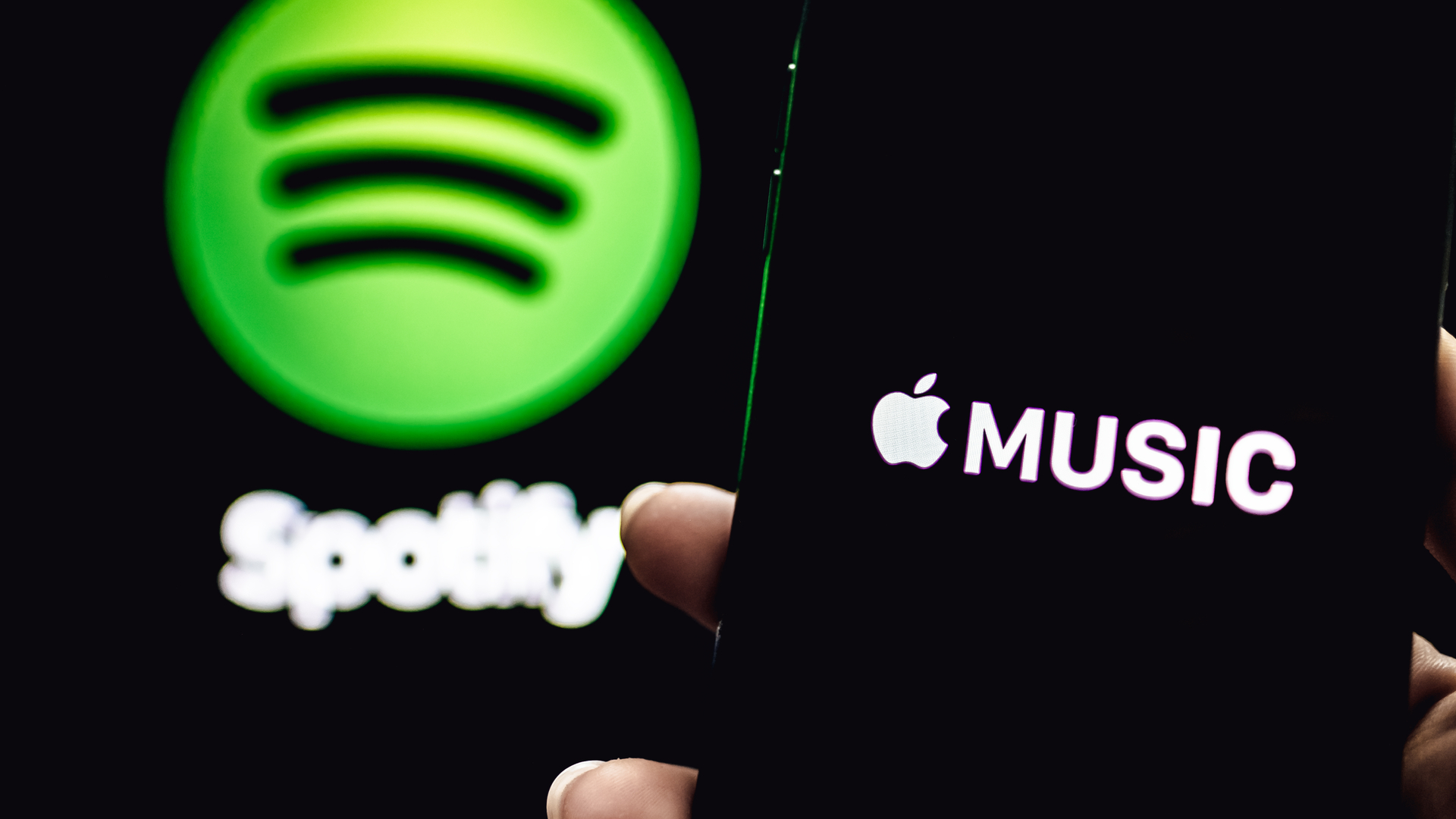
There's no empirical evidence to say for sure, but we know anecdotally that plenty of subscribers are moving to other services like Apple Music, Tidal, Deezer, and Amazon Music. Lots are staying put, though – we hosted a small Twitter poll on the issue, and of 903 respondents, 56% said that they would be “sticking with Spotify”.
While a poll of this size won’t be reflective of Spotify’s 180 million-strong subscriber base, it does show that a significant number of people either support Rogan’s podcast, or don’t care enough about the issue to jump ship.
Spotify does have cause to be worried, though. According to financial magazine Barron’s, Spotify lost $6.7 billion in market value as of January 30 – a loss of 17% week-on-week, and a fall of 26% compared to the same time last year. This loss can’t be directly attributed to the Rogan controversy, but it can’t have helped.
Should I cancel my Spotify subscription?
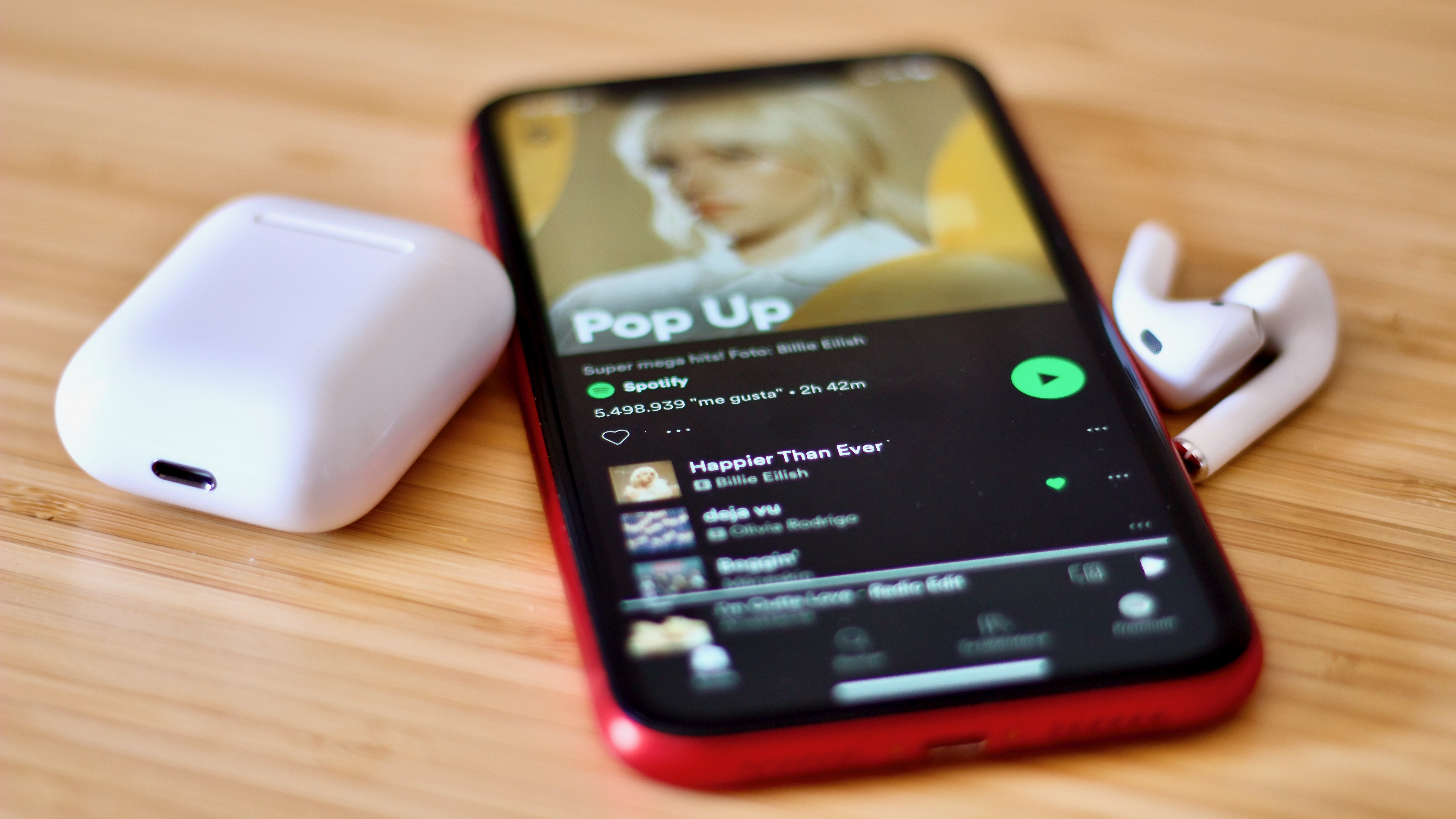
Spotify is still, in our view, the best music-streaming service for playlist curation, search, ease-of-use, and catalog; however, the Joe Rogan controversy won’t help the company’s battle against its rivals, which are slowly but surely encroaching upon its market share, thanks to features like hi-res audio support. For its part, Spotify announced that it would be launching a new higher-quality streaming tier last year, but has so far failed to deliver on this promise.
It’s probably the easiest streaming service to use, thanks to its comprehensive search features and simple user interface, and ad-supported ‘freemium’ streaming tier, so it suits those who are new to streaming. Spotify also has great integration with smart speakers and multi-room audio ecosystems like Sonos, making it easy to use with your existing music setup.
However, Spotify isn’t the best music-streaming service for audiophiles, as it doesn’t offer lossless or hi-res streaming. If you want to extract every last drop of detail from your music, Apple Music, Deezer, Tidal, and Amazon Music HD are all good options to try.
All of these services offer free trials, so you can see how you get on with them before committing to a subscription plan – and, if you’re worried about losing your favorite tracks, read our guide to moving Spotify playlists to other streaming services.
- The best music streaming services for music lovers
Olivia was previously TechRadar's Senior Editor - Home Entertainment, covering everything from headphones to TVs. Based in London, she's a popular music graduate who worked in the music industry before finding her calling in journalism. She's previously been interviewed on BBC Radio 5 Live on the subject of multi-room audio, chaired panel discussions on diversity in music festival lineups, and her bylines include T3, Stereoboard, What to Watch, Top Ten Reviews, Creative Bloq, and Croco Magazine. Olivia now has a career in PR.
